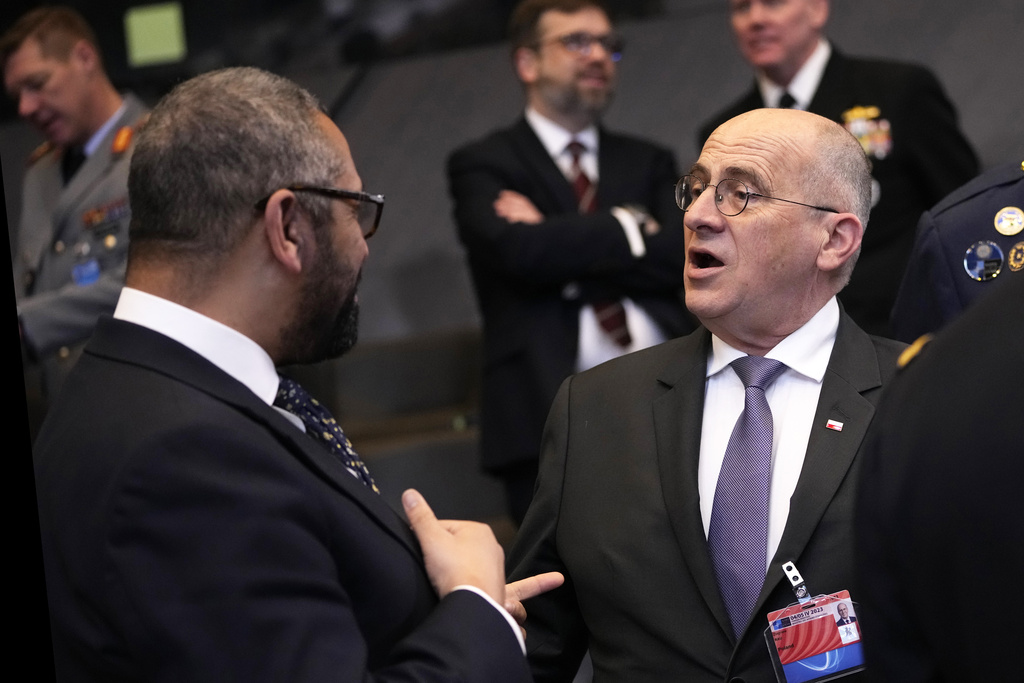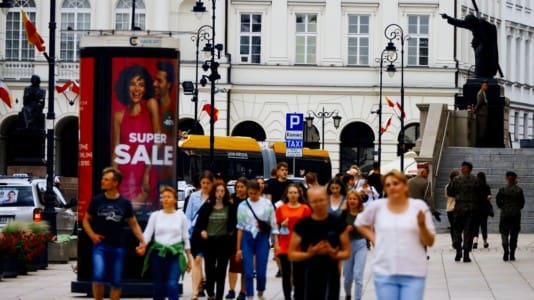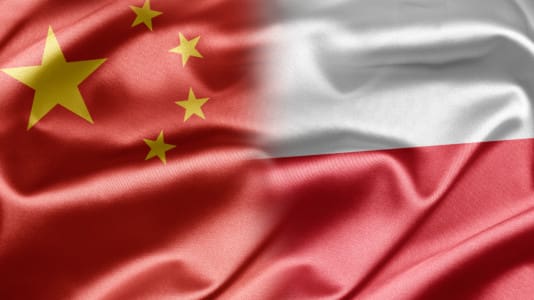Diplomacy used to be seen in Poland as an art form as difficult as mastering a delicate and complex instrument. It was the domain of people who had great linguistic skills and who felt comfortable in all global environments. This is why the conservatives were treated by the establishment as crude aliens incapable of understanding and practicing fine art.
However, what was meant to be the Achilles’ heel of the ruling conservatives has become one of its trump cards and is possibly the strongest political play they now possess.
In many ways, the outbreak of war in the east saved the present conservative government. Putin’s invasion has protected the governing Law and Justice (PiS) party from a crisis of identity and internal divisions that had surfaced after seven years in office.
In the first term of this administration, the conservatives concentrated on putting neo-liberalism to bed, as well as on a social transformation for communities that had been the losers post-1989. However, by the first year of the second term, there was a need for a broader vision.
The next three years were taken up by crises such as the pandemic and putting out a series of fires, some of which, such as the abandonment of the compromise on abortion and the confusing and administratively cumbersome tax reforms, were self-inflicted.
The war in Ukraine came just at the right time. It created a new dynamic in European politics. Poland suddenly was at the center of things and no longer the pariah state that both the European Commission and Germany had attempted to label it as. In the spring of 2022, it became a key player on the eastern flank of both NATO and the EU.
The new role being played by Poland is not symbolic. Its foreign policy is now the most active, creative, and independent it has been for decades. The visit to Kyiv, undertaken by Jarosław Kaczyński and Prime Minister Mateusz Morawiecki and his Czech and Slovenian counterparts when the Ukrainian capital was still under Russian bombardment, was real leadership. This was followed by months of efforts made to break Germany and Western Europe’s resistance to arming Ukraine properly. There was also constant pressure to speed up the reduction of dependence on Russian gas. In all these spheres, Polish diplomacy proved effective.
This was no accident. The Polish right’s stubborn and staunch hostility to Russia became an asset, adding weight to inter-EU disputes with regard to Russia, energy, and defense. Poland has at last gained recognition in Europe as a counter-weight to German influence, which means the country is becoming attractive for smaller EU states that were afraid to rock the boat but are anxious about Franco-German domination in the EU.
Another critical factor was the restoration of excellent relations with the United States. The old disputes about Jewish restitution and commercial media that Poland had been lectured on by the Trump administration were all put to bed.
This means that the ruling conservatives are beginning to plan their third term in office around their foreign policy. A Poland that is strong and taking its rightful place in Europe and the world.
The case the administration will make to voters is that you should not change a winning team.





